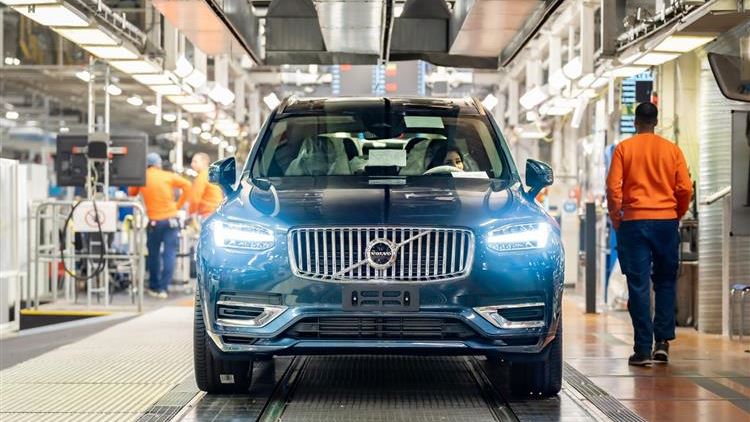
VOLVO BUILDS ITS LAST EVER DIESEL CAR
On a cloudy Thursday in early February, the Volvo plant in Ghent, Belgium, produced its last diesel-powered car, a V60. And recently, the plant in Torslanda, Sweden, saw its last XC90 diesel car roll off the production line. These events mark a huge milestone in Volvo Cars' 97-year history. With this move, the brand is taking a big step towards its ambitions of becoming a fully electric car maker, as well as achieving net zero greenhouse gas emissions by 2040. For a long time, Volvo's diesel engines were synonymous with reliability and efficiency, and they meant a great deal to the company for many decades. Indeed, the success of the brand's diesel cars played a significant role in its evolution into a premium maker. In recent years, the electric revolution has evolved quicker than most of us could have imagined - and it's largely propelled by tightening regulations around tailpipe emissions, as well as customer demand in response to the climate crisis and a desire for cleaner urban air. Only five years ago, the diesel engine was Volvo's bread and butter in Europe, just like it was for most other car makers. The majority of the cars the company sold in Europe in 2019 ran on diesel, while electric models were just starting to gain traction. Today, most of Volvo's sales on the continent are electrified cars. Last year, the company increased its sales of fully electric cars by 70 per cent, and the brand's global electric market share rose by 34 per cent.